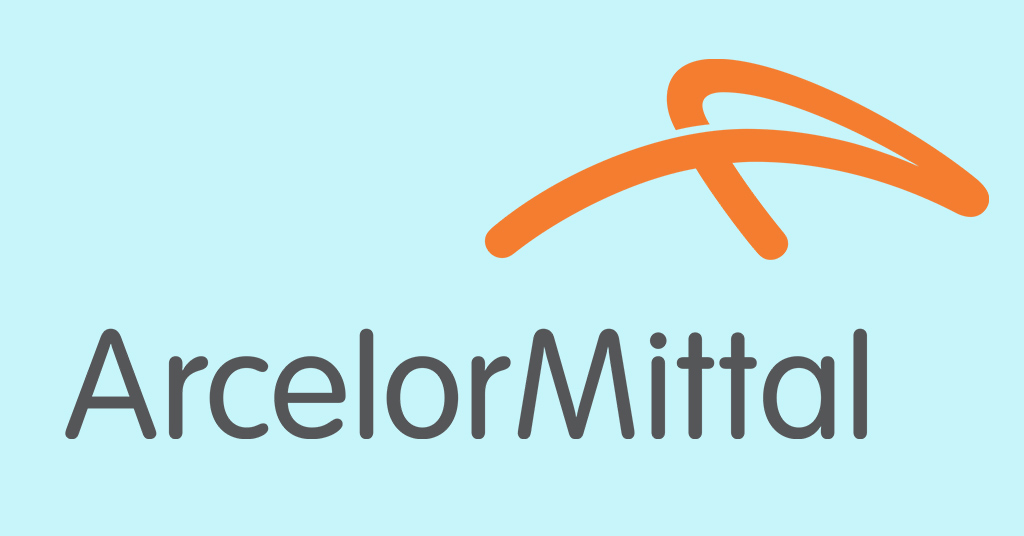Welcome To ChemAnalyst

Spain: Using slab from a Belgian asset and processing them at a heavy Plate factory in Asturias, Spain, the company has begun producing low carbon heavy Steel Plate up to 18 tonnes in weight. The company's Industeel mill in Charleroi, Belgium, which has an electric arc furnace and produces slab, will use electricity generated entirely from renewable sources and feedstock that is almost entirely trash to create the product. At the heavy Plate factory owned by ArcelorMittal in Gijon, Spain, these slabs will be rolled into heavy Plate.
ArcelorMittal has an EAF in Charleroi with a capacity of 450 000 tonnes annually. A heavy Plate mill in Gijon has a 600,000 tpy capacity. According to the corporation, Carbon Dioxide emissions from the manufacturing of heavy Plate using that method would be around 60% lower than those from Steel Plate produced using the traditional blast-furnace Steelmaking method.
Denis Parein, ArcelorMittal's commercial head for heavy Plate, Europe, stated that XCarb recycled and sustainably manufactured heavy Plate will be ready by the end of the year in accordance with the EN 15804 European Standard. ArcelorMittal has registered XCarb as a trademark. ArcelorMittal Europe Aims for a 35% Reduction in CO2 Emissions by 2030 and Carbon Neutrality by 2050.
However, according to buyer sources, premiums for such material might range from €100 to €150 ($112 to $169) per tonne. In Northern Europe, a 60% CO2 reduction at €150 per tonne seemed plausible in the current market.
Major infrastructure projects generally require heavy Plate with such specs, weighing up to 18 tonnes, for things like the welded sections and box girders for road and rail bridges. Buyers could therefore lower their own Scope 3 emissions by using low-CO2 Plate.
In fact, to lower their Scope 3 emissions, suppliers and consumers have increasingly been constructing green value chains. For instance, a Steelmaker's Scope 3 emissions will be significantly lower if it sells Steel to an automobile firm for the manufacture of electric vehicles rather than, say, a diesel car manufacturer.
The push toward decarbonization encourages responsible purchasing and selling. Industry insiders claimed that the demand for green Steel was still in its early stages. Tiny distributors and Steel service centers claimed they could not afford to pay high premiums since end-user demand was still intermittent, which led to most purchasers booking tiny test batches.
According to sources, predicted that industry rules, such as the phase-out of free allocations to businesses under the EU's Emissions Trading System, would cause demand for green Steel in the European spot market to increase enormously. Starting in 2026, there will be a 2.50% reduction. The free allocations will be reduced by almost half (by 48.50%) by 2030 and will be completely gone by 2034.
We use cookies to deliver the best possible experience on our website. To learn more, visit our Privacy Policy. By continuing to use this site or by closing this box, you consent to our use of cookies. More info.
